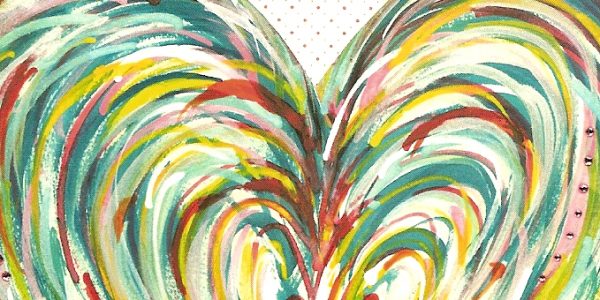Did you know that according to neuroscientists your brain is designed to be a laughter making machine?
Laughter engages a large quantity of neurons simultaneously, and not just those in your head, but those located in your gut and heart, too. This is why a deep laugh can feel like exercise, because it really is a physical work out, not just a form of mental and emotional stimulation.
Along with feeling fun and enjoyable, laughter also has powerful healing qualities. Dr. William Fry, a pioneering researcher, coined the term ‘gelotology’ to describe the scientific study of humour. The Institute of Gelotology at Stanford University to study the physiological and psychological benefits of laughter was founded by him.
Isn’t it interesting that something so simple and fun is being take so seriously?
LAUGHTER ACROSS THE AGES
If we travel back in time, we learn that the Greeks were well aware of the medicinal power of laughter; and Gelos was the name they gave to the mythological God of Laughter. This makes sense, because the Greek word ‘gelos’ means to laugh.
In ancient Greece, physicians would prescribe a visit to the ‘hall of comedians’ as part of the patient’s healing process. Imagine your medical practitioner prescribing a comedy club as part of your health recovery program? ‘Sounds great to me!
Perhaps the Greeks are one of the cultures from which Patch Adams (world famous doctor, social activist, and author, who is known for clowning and bringing laughter to his patients) derived some of his inspiration?
LAUGHTER CONNECTS US
Years ago, as part of the wellness TV show I was hosting and producing, I had the opportunity to bring a camera crew to one of Canada’s biggest Health Shows and to engage in various interviews with the health experts, Dr. Patch Adams was one of them!
Gathering video content also involved attending his public seminar where we could hear him speak to the audience and observe him taking them through various activities. I was moved by his ability to connect with the group and to get complete strangers to interact with each other in fun and meaningful ways.
There was a palpable energy in the room. Everyone seemed captivated and inspired by Patch’s simple yet powerful messages of using connection, laughter, and play, to bring healing to ourselves and the world.
LAUGHTER IS UNIVERSAL
I once heard a quote, ‘We all smile in the same language.” That message is not only heartwarming, it also bridges our cultural differences and speaks to our fundamental similarities of all people across the world.
The same is true for laughter. If someone, who does not speak your language, chuckles, guffaws, or giggles, you understand exactly what it is they are laughing about and what it means. Additionally, this rich, nonverbal vocalization develops in infants before speech, and babies as young as three months old are known to laugh.
Of course, some forms of humour aren’t appropriate, and laughter is sometimes conveyed in a negative or cynical way to taunt or make fun of others. It’s important to know what isn’t funny and to ensure you are not laughing at the expense of others.
Most often, however, laughter happens in good spirit. It is a sign of fun, joy, and playfulness, and it brings people together.
LAUGHTER IS MEDICINAL
To top it off, laughter is a great stress reliever. It provides short- and long-term health benefits by enhancing the intake of oxygen-rich air, stimulating circulation, decreasing heart rate and blood pressure, and elevating the endorphins released by your brain.
A frown can sometimes bring you down. Research shows that negative thoughts can cause chemical reactions that elevate stress and decrease your immunity, whereas positive thoughts can release neuropeptides that help fight stress and ward off disease.
Other laughter benefits include making it easier to cope with challenging situations and also easing and reducing pain by causing the body to produce its own natural painkillers.
Furthermore, laughter can reduce anxiety and depression and lead to greater feelings of joy and happiness while bolstering your self-esteem!
JUST LAUGH MORE
With all these benefits, and no negative side effects, incorporating more laughter into your life is a healthy and wise thing to do!
So how can you do this?
- Even if it feels unnatural or fake at first, practice laughing. You don’t need to wait until something strikes your funny bone!
- Try laughter yoga where people practice laughter as a group, with various laughter-eliciting activities which soon turn into spontaneous laughter.
- Share a laugh by learning new jokes and funny stories. Spend time with people who make you laugh.
- Discover a way to find the humour in your own life challenges, and watch your stress begin to dissolve.
- Smile more often – it’s a great laughter primer!
Laughter doesn’t take much time or cost anything. The added bonus according to some sources is that if you laugh a lot, when you get older, your wrinkles will be in the right places!
To Your Fit Brain & Fit Life,
Jill

